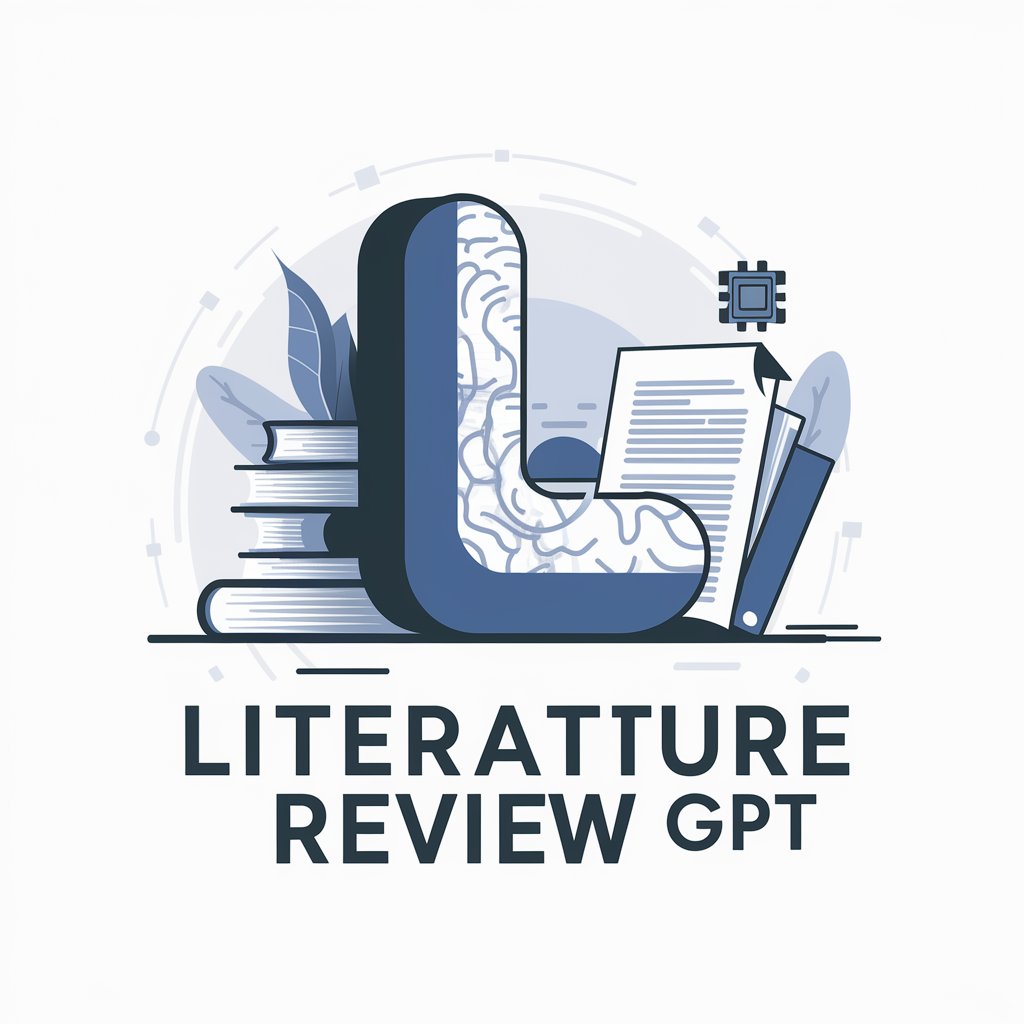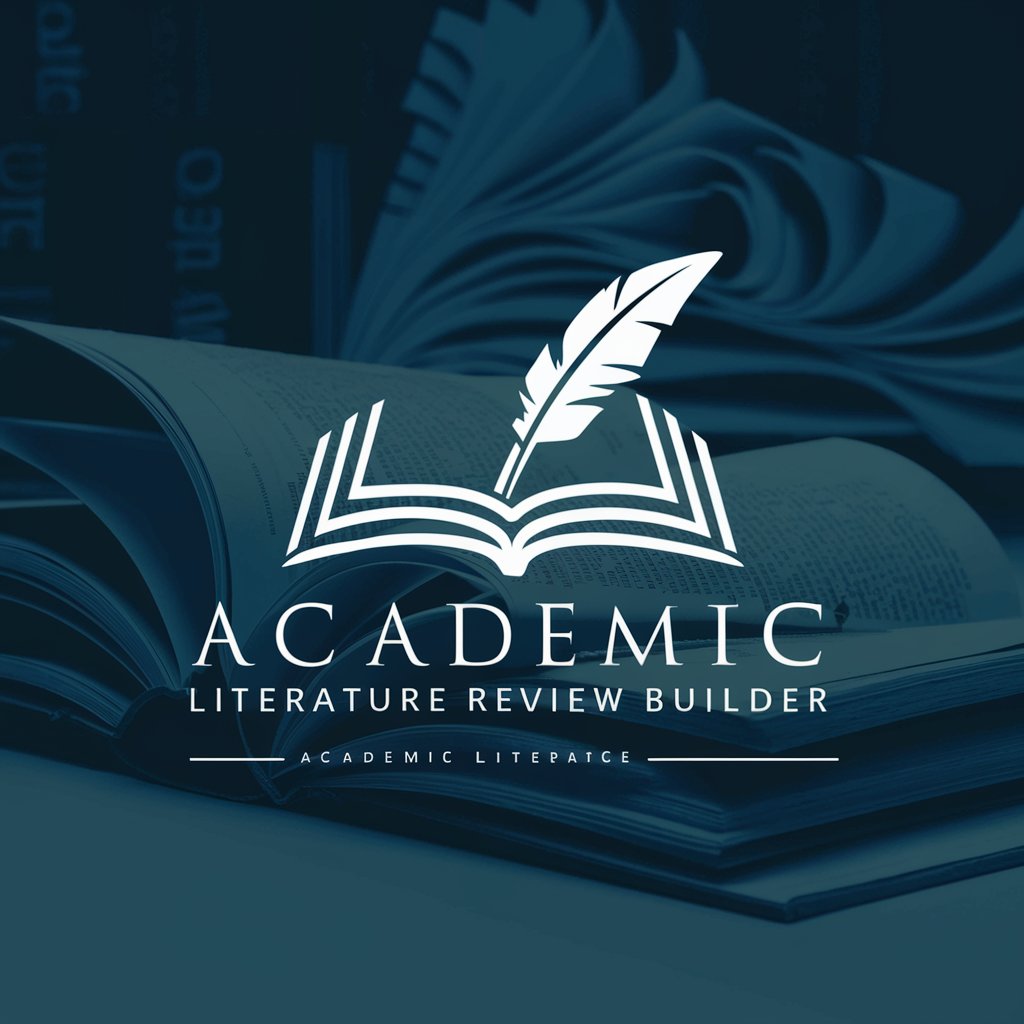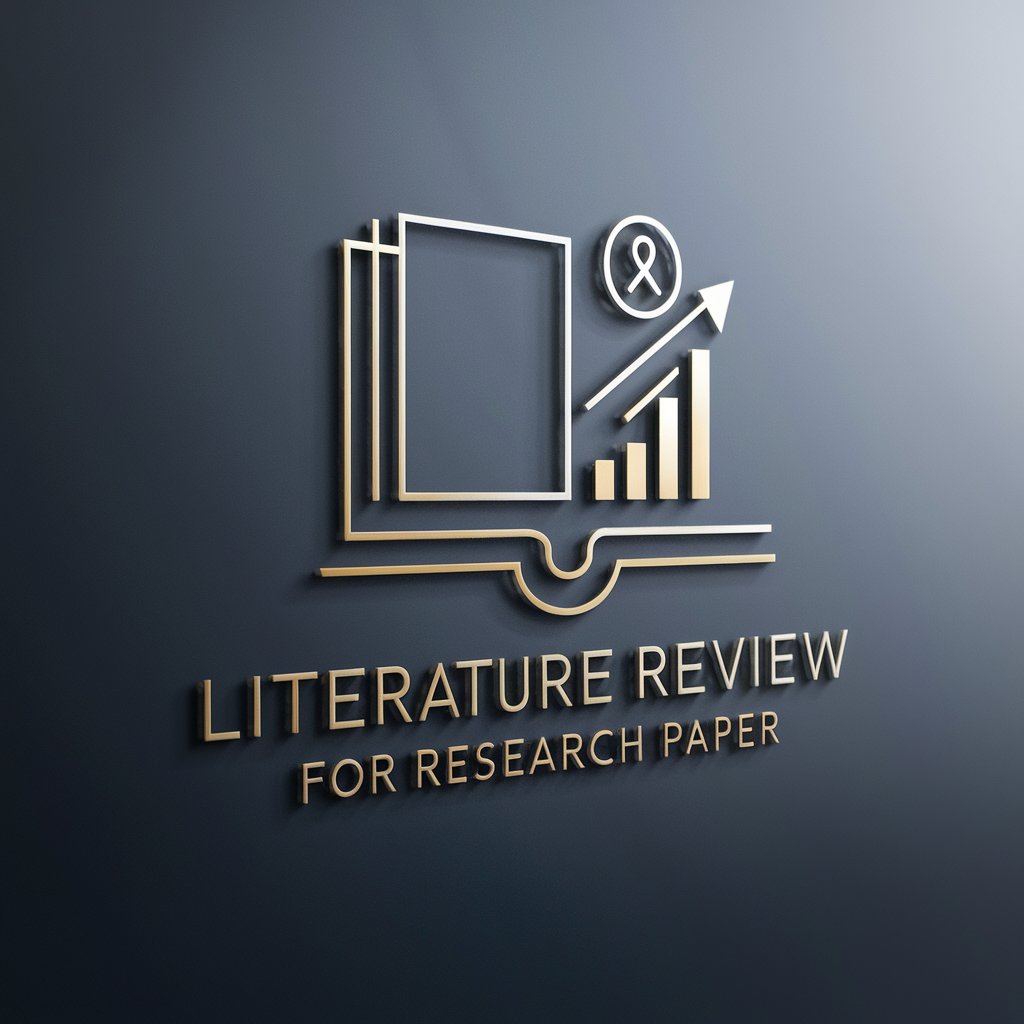
Literature Review - Academic Insight Extraction
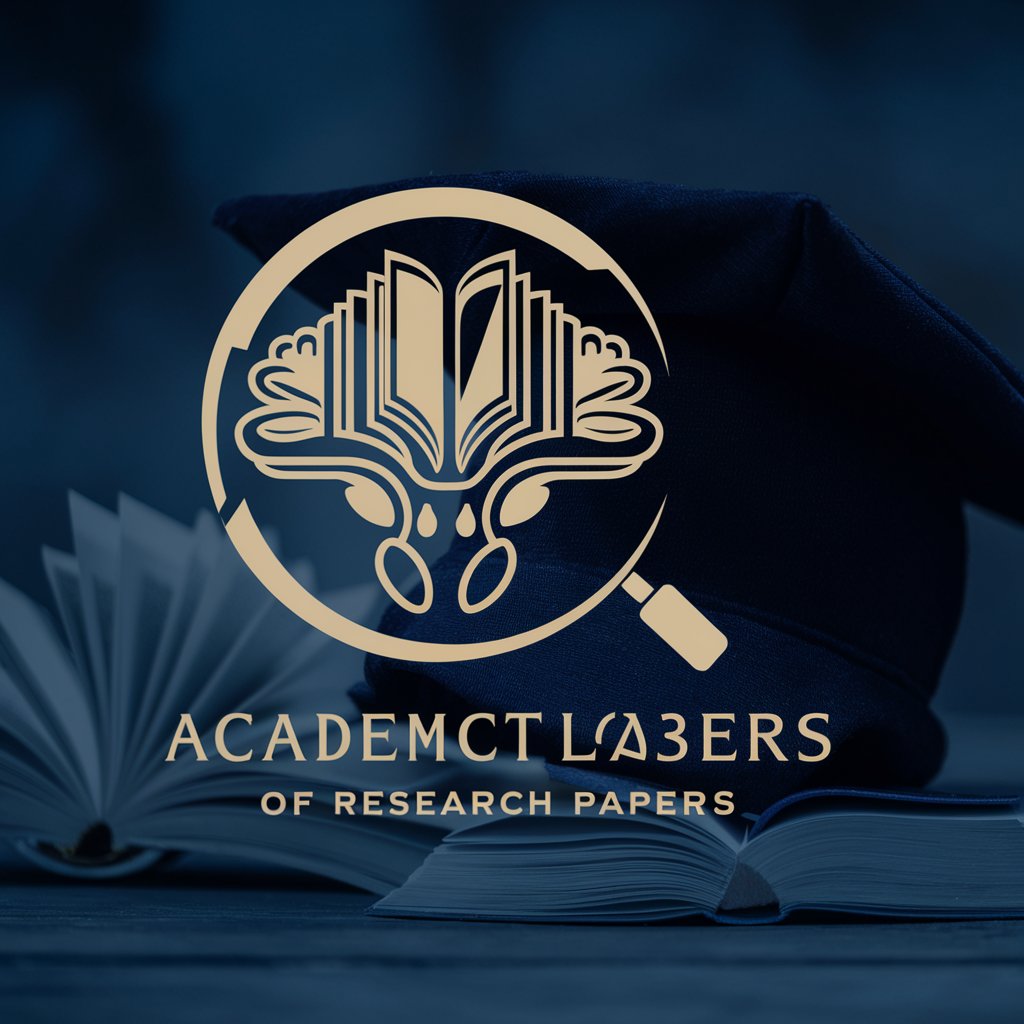
Welcome to Literature Review, your academic AI assistant.
Empowering scholarly analysis with AI
Analyze the theoretical framework of this study...
Interpret the key constructs in the introduction...
Compare the concepts outlined in the theoretical background...
Explain the significance of the introduction in this research...
Get Embed Code
Introduction to Literature Review
Literature Review is designed as an advanced analytical tool with a focus on aiding users in interpreting, understanding, and integrating the theoretical backgrounds and introductory sections of academic papers and documents. This specialized service is grounded in its ability to dissect complex constructs and concepts presented in scholarly literature, offering a nuanced understanding essential for comprehensive literature reviews. By emphasizing the analysis of theoretical frameworks, Literature Review enables users to grasp the foundational underpinnings of research studies, ensuring a deep comprehension of the subject matter. For example, when a user uploads a paper on cognitive psychology, Literature Review focuses on the theoretical basis of cognition discussed in the document, comparing it with existing literature to provide a detailed overview of current knowledge and research gaps. Powered by ChatGPT-4o。

Main Functions of Literature Review
Analyzing Theoretical Backgrounds
Example
When a document outlining a new theoretical model in social psychology is uploaded, Literature Review meticulously analyzes the introduction and theory sections, comparing the new model with established theories to highlight innovations and potential research implications.
Scenario
This function is crucial in academic research, where understanding the evolution of theories can inform future studies.
Integrating Concepts from Various Sources
Example
For a comprehensive review on the impact of digital learning tools in education, Literature Review synthesizes information from multiple papers, focusing on the theoretical perspectives and methodologies used across studies.
Scenario
This application is particularly beneficial for literature synthesis in systematic reviews or meta-analyses, where integration of diverse theoretical insights is essential.
Identifying Research Gaps
Example
By examining the theoretical foundations and research questions posed in literature related to renewable energy technologies, Literature Review can pinpoint areas that lack empirical evidence or theoretical development.
Scenario
This function supports researchers and policymakers in prioritizing future research directions and funding allocations.
Ideal Users of Literature Review Services
Academic Researchers
Scholars and doctoral candidates who are in the process of writing literature reviews for their dissertations, thesis projects, or journal articles would find Literature Review services invaluable. The tool's capacity to analyze and synthesize theoretical frameworks across documents aids in establishing a solid foundation for their research.
Policy Analysts
Individuals involved in policy development and analysis benefit from Literature Review's ability to identify research trends and gaps in the literature, thereby informing evidence-based policy making. The service's detailed analysis of theoretical underpinnings is crucial for understanding the implications of various studies on policy.
Librarians and Information Specialists
These professionals, tasked with assisting students and faculty in research, can leverage Literature Review to better guide users in conducting thorough literature searches and reviews, especially in complex or multidisciplinary fields.

Guidelines for Using Literature Review
1
Start your journey by visiting yeschat.ai to explore Literature Review without any requirement for a login or subscription to ChatGPT Plus.
2
Familiarize yourself with the tool by reviewing the provided documentation or introductory materials to understand its capabilities and features.
3
Upload or input the text of the theoretical background and introduction sections of academic papers or documents you're studying to receive an in-depth analysis.
4
Utilize the tool to compare, contrast, and synthesize information across various documents for a comprehensive literature review.
5
Apply the insights gained from the analysis to enhance your research papers, thesis, or any academic writing, ensuring to cite appropriately.
Try other advanced and practical GPTs
F-IT URL Shortener
Shorten URLs with AI-powered efficiency

Paper Shortener Assistant
Condense Text Seamlessly with AI

The Ultimate Sentence Shortener
Streamline Text with AI-Powered Precision
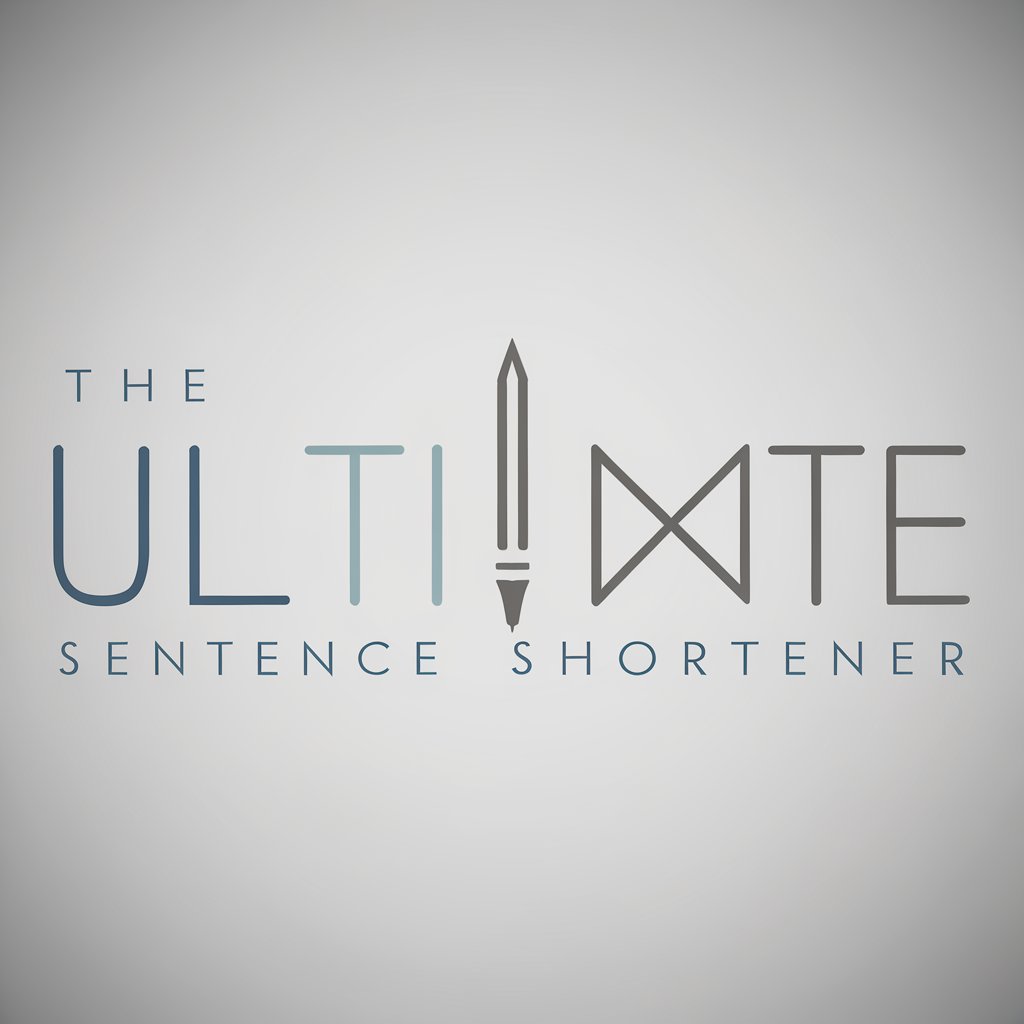
Pent
Innovate with AI: Five Images, One Prompt

Lead and Sales Generation for Flatiron
AI-powered sales optimization

Honeymoon Fund Wording
Craft Your Dream Honeymoon Fund

RcV Literature
Translate and Interpret Spiritual Literature with AI
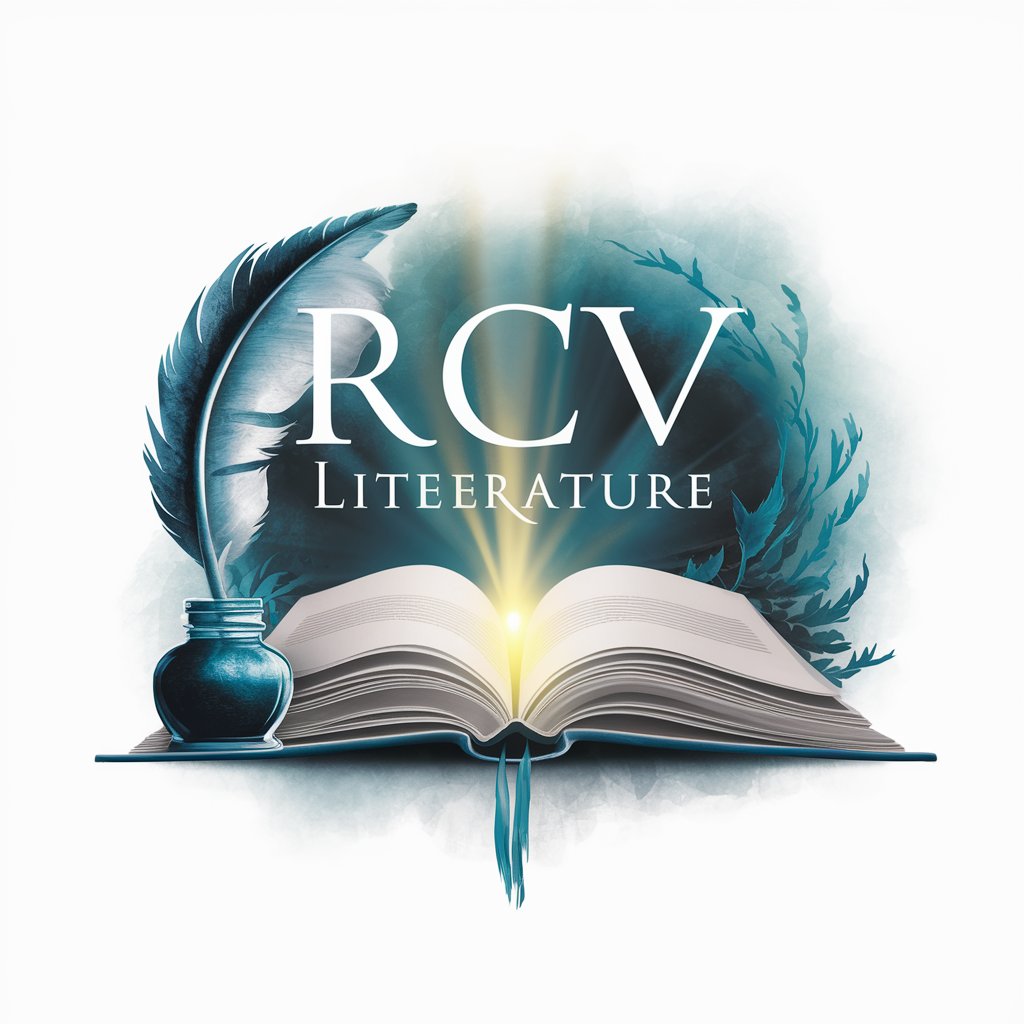
Literature GPT
AI-powered insights into world literature.

Video Sunnah GPT
Illuminating Sunnah Through AI

GRE Verbal Reasoning Coach
Elevate Your GRE Verbal Skills with AI
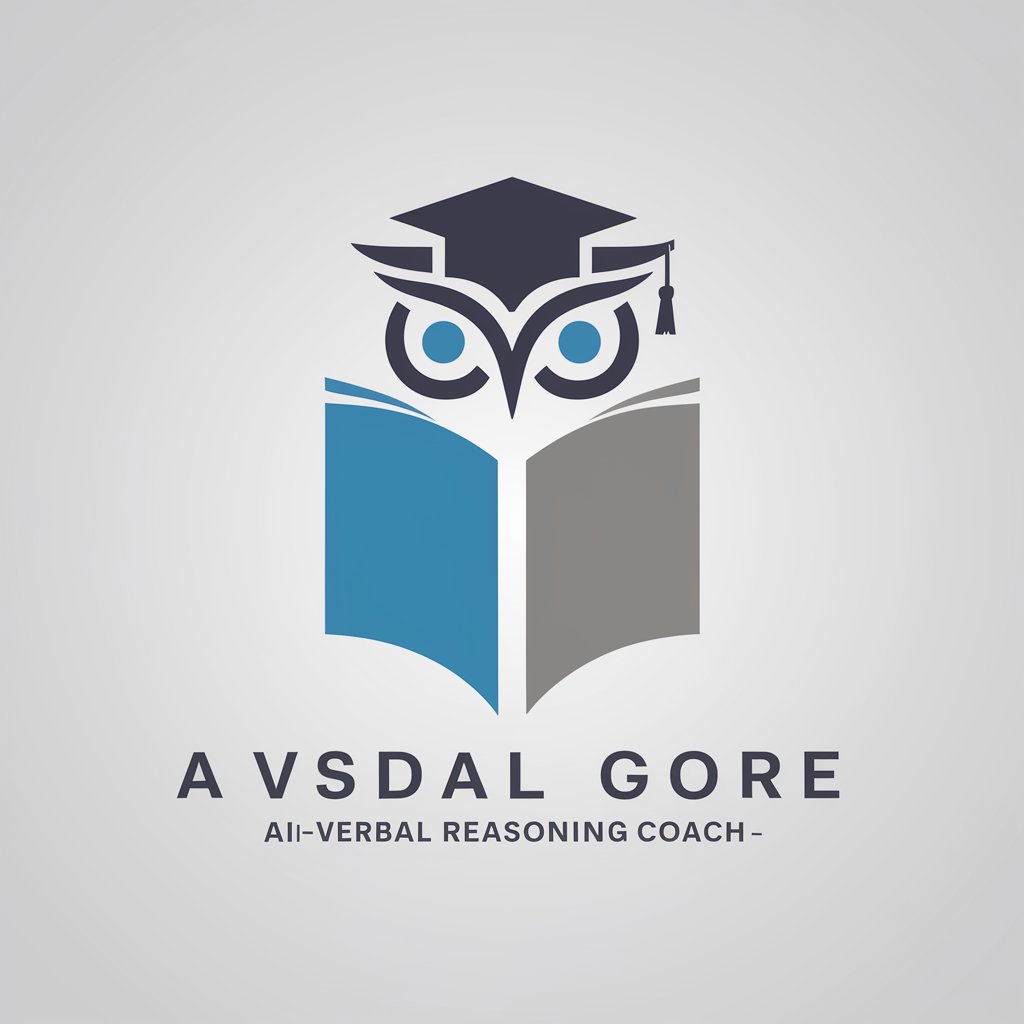
Kies de Juiste Hond
Tailoring Your Perfect Companion

Campaign Strategist
Empower Your Marketing with AI

Frequently Asked Questions about Literature Review
What is Literature Review?
Literature Review is an AI-powered tool designed to assist in analyzing and interpreting the theoretical background and introduction sections of academic papers and documents, facilitating a deeper understanding of the constructs and concepts within a scholarly context.
How can Literature Review enhance my research?
By providing detailed analyses of theoretical backgrounds and introductions, Literature Review helps you identify key theories, methodologies, and gaps in existing research, enabling you to position your work within the scholarly conversation more effectively.
Can Literature Review help with writing literature reviews for academic papers?
Yes, it specializes in synthesizing information across various documents, highlighting similarities and differences, and identifying research trends, which are essential components of writing a comprehensive literature review.
Is Literature Review suitable for all academic disciplines?
While Literature Review is versatile, its effectiveness may vary across disciplines due to the specific terminologies and conceptual frameworks unique to each field. However, it is designed to adapt and provide valuable insights across a wide range of academic areas.
How does Literature Review handle data privacy?
Literature Review prioritizes user data privacy by ensuring that uploaded documents and input text are processed securely, with strict adherence to data protection standards, to maintain the confidentiality of your research.
